Phytonutrients … polyphenols … antioxidants … what do all of these terms mean?
The term phytonutrients is a broad name for a wide variety of compounds produced by plants. They’re found in fruits, vegetables, beans, grains, and other plants. Each phytonutrient comes from a variety of different plant sources and has different proposed effects on, and benefits for, the body. Some researchers estimate there are up to 4,000 phytonutrients! Scientists have identified thousands of them, although only a small fraction of phytonutrients have been studied closely.
Common Names For Phytonutrients
Antioxidants, flavonoids, phytochemicals, flavones, isoflavones, catechins, anthocyanidins, isothiocyanates, carotenoids, allyl sulfides, polyphenols
How Do You Get Phytonutrients?
Phytonutrients are found in plant foods (fruits, vegetables, beans, grains). By maintaining a balanced eating pattern that includes different forms and colors of fruits and vegetables, you’ll provide your body with a wide variety of all beneficial compounds, including phytonutrients! So, enjoy your fruits and veggies during every eating occasion … just fill half your plate with them and leave the rest for grains and protein.
The Health Benefits Of Phytonutrients
New experimental studies are emerging that demonstrate multiple effects of fruits and vegetables (and their phytonutrients), suggesting that they may have an even greater role to play in human health than the already positive results seen to date.
Top 6 Phytonutrients You May Know About
Beta-Carotene
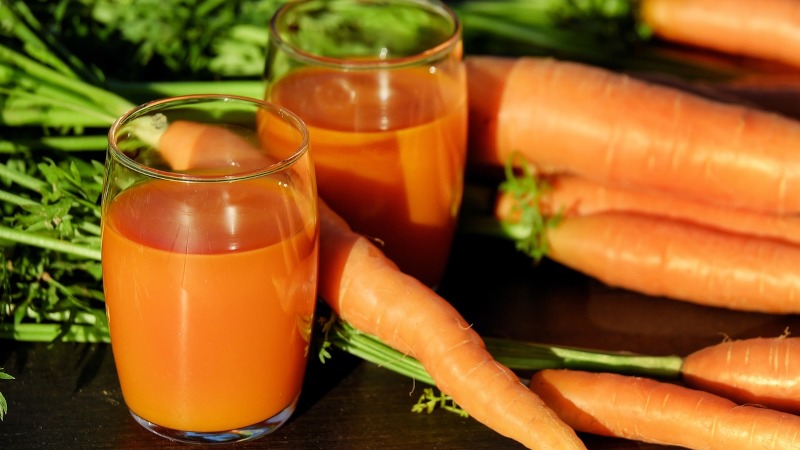
Proposed Benefit: Immune System, Vision, Skin Health, Bone Health
Food Sources: Pumpkin, Sweet Potato, Carrots, Winter Squash, Cantaloupe, Apricots, Spinach, Collard Greens, Kale, Broccoli
Fun Facts: Think orange and dark, leafy green veggies
Lycopene
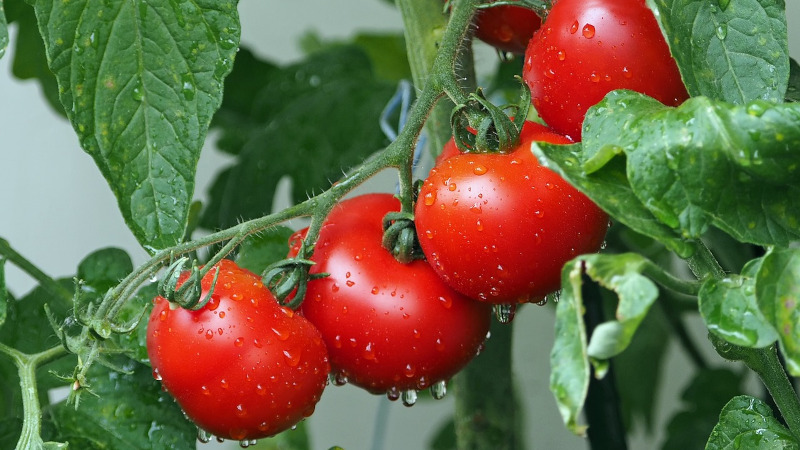
Proposed Benefit: Cancer (Prostate), Heart Health
Food Sources: Tomatoes, Pink Grapefruit, Red Peppers, Watermelon, Tomato Products
Fun Facts: The heating process makes lycopene easier for the body to absorb.
Lutein
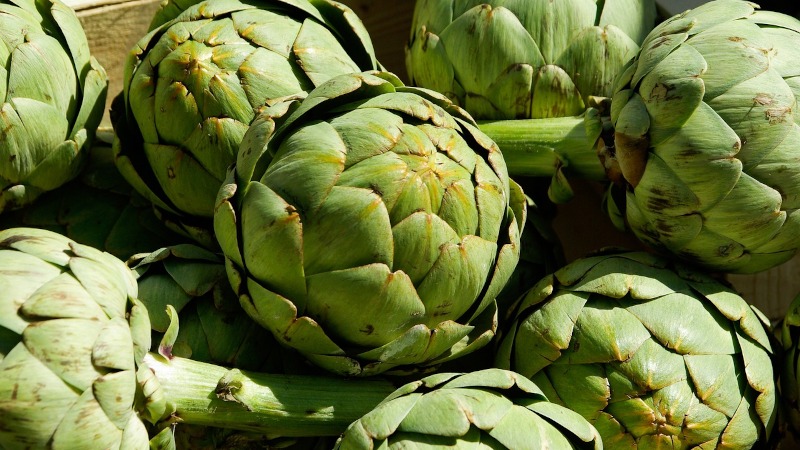
Proposed Benefit: Eye and Heart Health, Cancer
Food Sources: Collard Greens, Kale, Spinach, Broccoli, Brussels Sprouts, Lettuces, Artichokes
Fun Facts: This phytonutrient is found in the macula of the eye.
Resveratrol
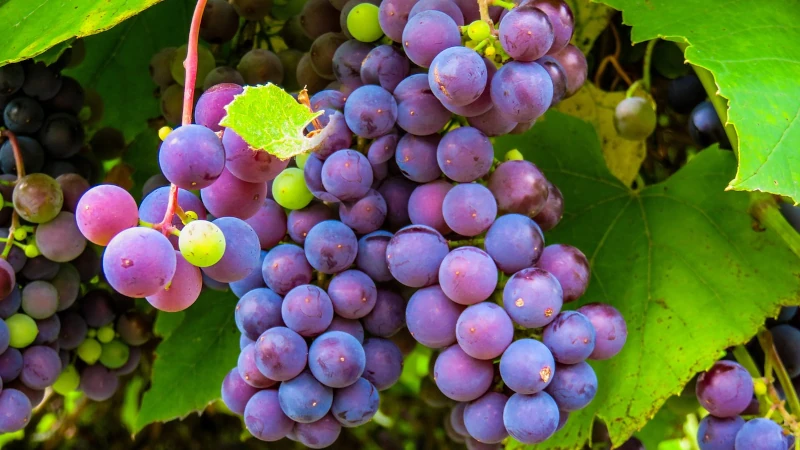
Proposed Benefit: Heart Health, Cancer, Lung Health, Inflammation
Food Sources: Red Wine, Peanuts, Grapes
Fun Facts: 1 cup of red grapes can have up to 1.25 mg of resveratrol[1].
Anthocyanidins
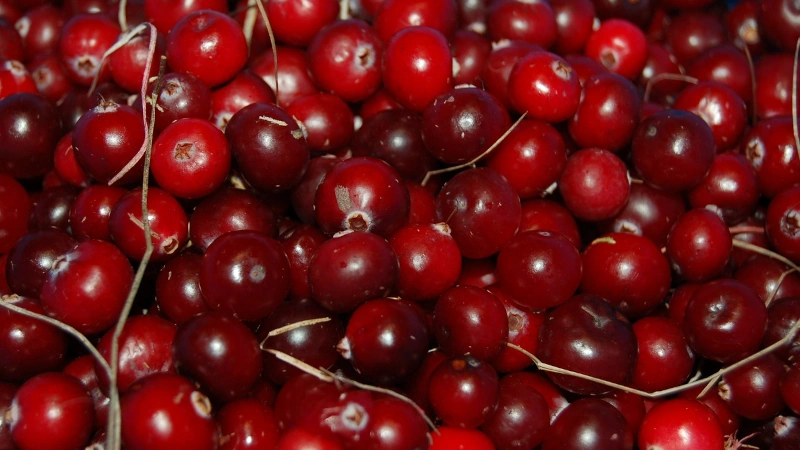
Proposed Benefit: Blood Vessel Health
Food Sources: Blueberries, Blackberries, Plums, Cranberries, Raspberries, Red Onions, Red Potatoes, Red Radishes, Strawberries
Fun Facts: Think red and purple berries.
Isoflavones
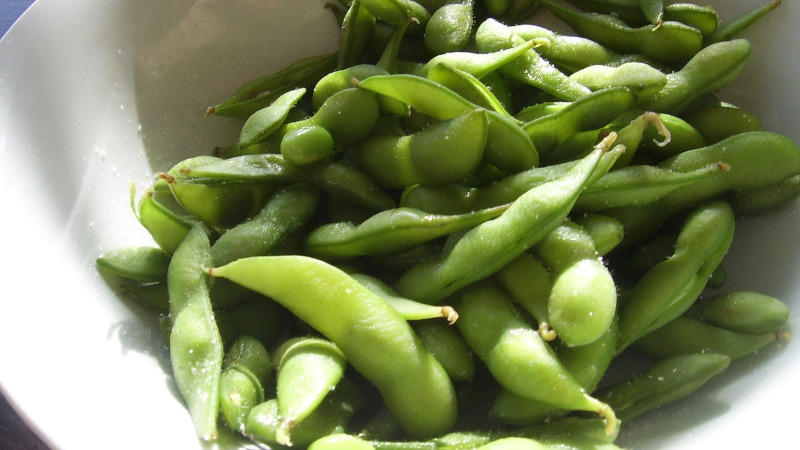
Proposed Benefit: Menopause, Cancer (Breast), Bone Health, Joint Inflammation, Lower Cholesterol
Food Sources: Soybeans
Fun Facts: 1/2 cup of boiled soybeans offers 47 mb of isoflavones[2].
1. Linus Pauling Institute. “Macronutrient Information Center,” Oregon State University, Accessed March 19, 2012 from
http://lpi.oregonstate.edu/infocenter/phytochemicals/resveratrol/
2. Linus Pauling Institute. “Macronutrient Information Center,” Oregon State University, Accessed March 19, 2012 from
http://lpi.oregonstate.edu/infocenter/phytochemicals/soyiso/
The post What are phytonutrients? first appeared in The Foundation for Fresh Produce’s Have A Plant® blog.
About The Foundation For Fresh Produce And Have A Plant® Movement


The Foundation for Fresh Produce’s vision is to grow a healthier world by changing the trajectory of human health. The produce industry has the potential to provide solutions for many of the world’s greatest health and economic challenges – especially those surrounding nutrition and hunger.
The Foundation focuses on improving the appeal of fruit and vegetables as an integral part of people’s diets, supporting the development of infrastructure and supply chain solutions that provide easier access, and establishing strategic alliances that enable children and families to form healthier eating habits.
The transformative Have A Plant® Movement inspires consumers with compelling reasons to believe in the powerful role fruits and vegetables can play to fuel happy, healthy and active lifestyles.



